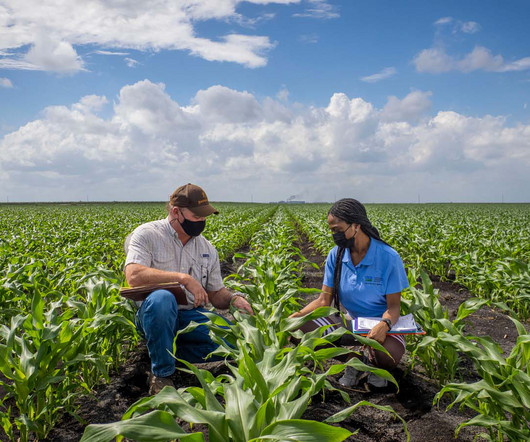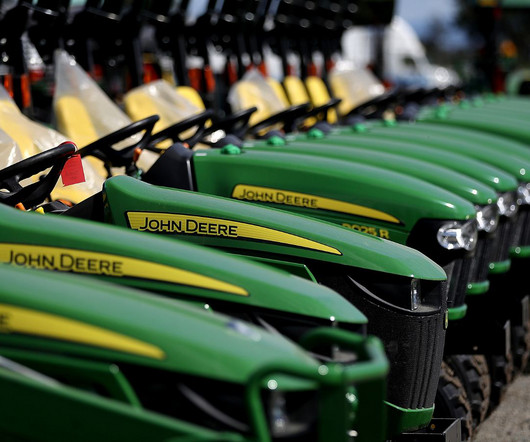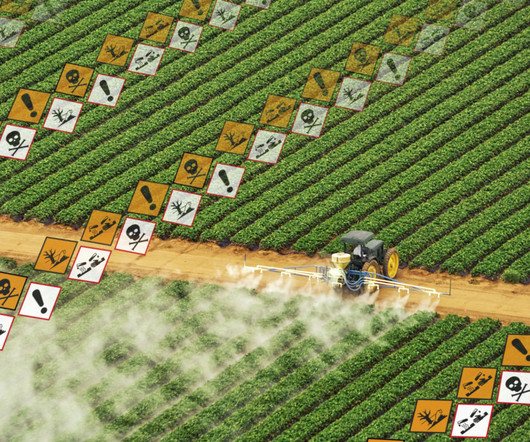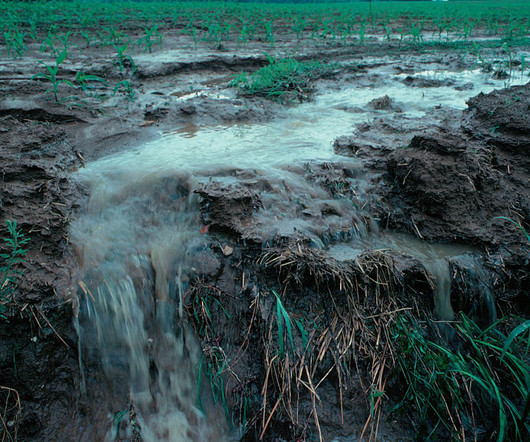Ask a Scientist: Stopping Big Ag from Hijacking US Farm and Food Policy
The Equation
MAY 14, 2024
Their suggested marker bills included provisions that would broaden access to US farm loans for historically underserved borrowers, help farmers address the climate crisis, better protect food and farm workers, halt industrial agriculture mergers by strengthening relevant antitrust laws, and expand SNAP benefits and government nutrition programs.











Let's personalize your content